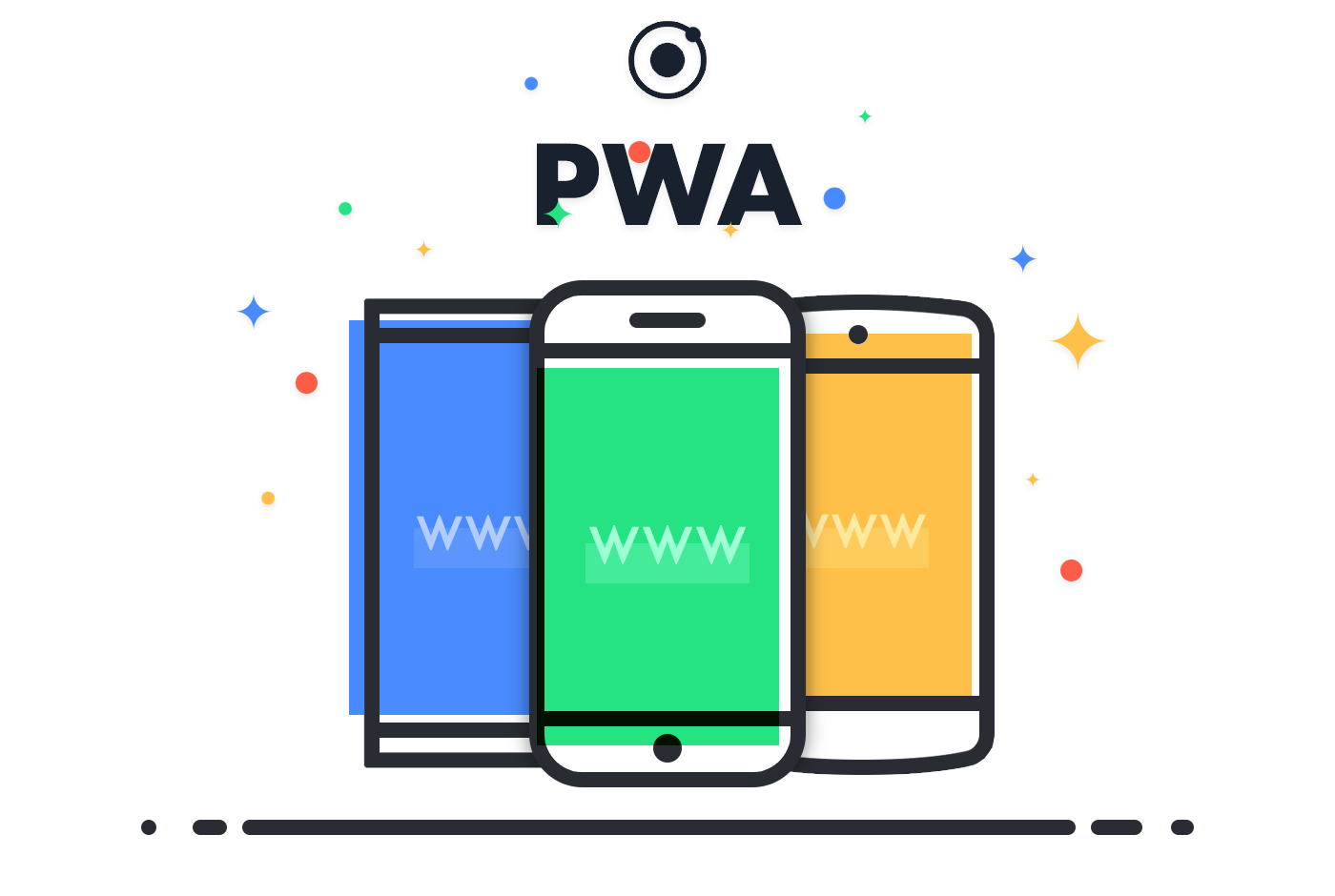Baykanber Insights
Your go-to source for the latest news and trends.
Why Your Business Can't Afford to Ignore Progressive Web Apps
Unlock your business's potential! Discover why neglecting Progressive Web Apps could cost you customers and sales.
The Future of Business: Why Progressive Web Apps Are Essential
The business landscape is rapidly evolving, and as technology continues to advance, companies must adapt to meet the growing demands of consumers. Progressive Web Apps (PWAs) have emerged as a crucial component in this transformation, offering significant advantages over traditional web and mobile applications. These applications combine the best features of both platforms, including fast loading times, offline capabilities, and a seamless user experience, which can drastically improve customer engagement and retention. With mobile internet usage surpassing that of desktop, the need for PWAs is more pressing than ever as businesses seek to enhance their online presence and reach broader audiences.
Moreover, embracing Progressive Web Apps can lead to improved performance and lower development costs. Unlike native apps, which require separate development for multiple platforms, PWAs can run on any device with a web browser, reducing the time and resources needed for deployment. This versatility enables businesses to launch their products and services more quickly while ensuring a consistent user experience across devices. As we look toward the future of business, it’s clear that investing in PWAs is not just a trend; it’s an essential strategy for companies aiming to thrive in a competitive digital landscape.

Unlocking the Benefits of Progressive Web Apps for Your Business
Progressive Web Apps (PWAs) have revolutionized the way businesses engage with their customers. By leveraging modern web technologies, these applications provide a seamless user experience that bridges the gap between web and mobile environments. One of the most significant benefits of PWAs is their ability to work offline, allowing users to access content without relying on a stable internet connection. This feature is particularly valuable for businesses with customers in areas where internet connectivity may be sporadic. Additionally, PWAs load quickly, even on low-quality networks, enhancing user satisfaction and keeping potential customers on your site.
Another critical advantage of Progressive Web Apps is their native app-like performance, which results in increased engagement and conversion rates. By utilizing push notifications, businesses can re-engage users with personalized updates and promotions directly on their devices. This increases the chances of customer retention and drives repeat business. Furthermore, PWAs are easier and more cost-effective to maintain compared to traditional mobile apps since they eliminate the need for separate codebases for iOS and Android. As a result, businesses can focus their resources on improving user experience and expanding their reach in a competitive landscape.
Is Your Business Missing Out? The Impact of Progressive Web Apps on User Engagement
In today's digital landscape, businesses must prioritize user engagement to stay competitive. One key innovation that can significantly enhance this engagement is Progressive Web Apps (PWAs). Unlike traditional web applications, PWAs offer a seamless user experience by combining the best of web and mobile apps. They are designed to work offline, load quickly, and provide a native app-like experience. If your business has yet to adopt this technology, you may be missing out on increased interactions and customer satisfaction, as users are more likely to return to a fast-loading site that provides a smooth experience.
The impact of PWAs on user engagement is substantial. According to studies, businesses that have implemented Progressive Web Apps have seen improvements in key performance metrics such as engagement duration, conversion rates, and user retention. For instance, implementing a PWA can lead to up to 80% increase in user engagement. This surge is attributed to features like push notifications, which allow businesses to communicate directly with their users, and the ability to add the app to their home screens without the need for a full download. Therefore, if you're aiming to keep your audience engaged and boost conversions, it’s time to consider adopting a PWA strategy.